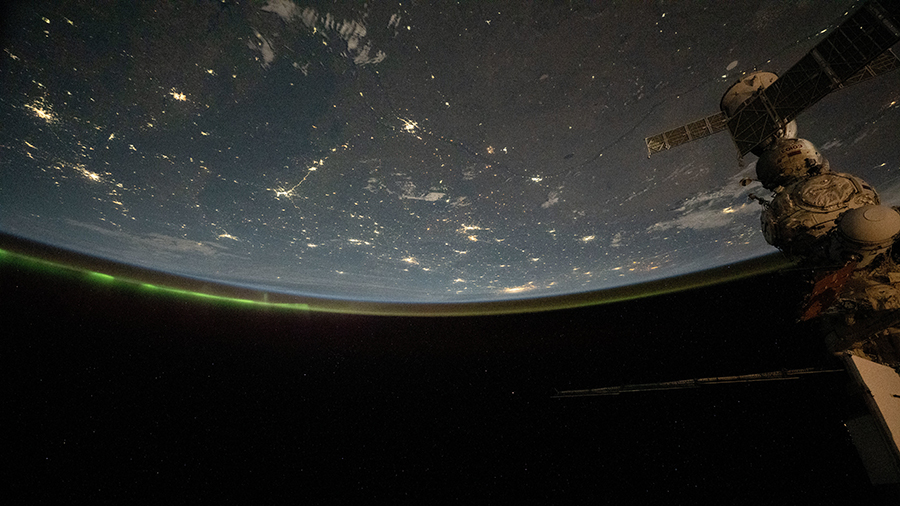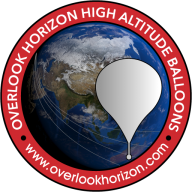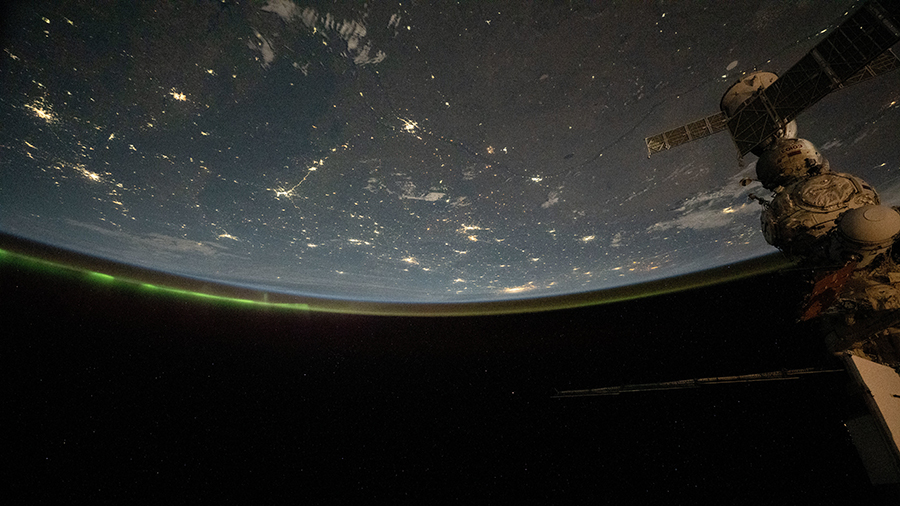
Dragon spacecraft operations are underway aboard the International Space Station as a new crew gets up to speed with life in microgravity and another crew turns its attention toward returning to Earth. Amid the crew swap activities, advanced space biology research continued apace on Wednesday exploring unique phenomena impossible to achieve in Earth’s gravity environment.
New Expedition 72 Flight Engineer Nick Hague spent his day with fellow flight engineers Matthew Dominick and Mike Barratt readying the SpaceX Dragon Endeavour spacecraft for its upcoming return to Earth. The three NASA astronauts reconfigured seats inside Dragon setting it up for a four-person crew and transferred standard emergency gear back into the spacecraft.
Dominick and Barratt, SpaceX Crew-8’s commander and pilot respectively, are getting ready to fly back to Earth with Mission Specialists Jeanette Epps of NASA and Alexander Grebenkin of Roscosmos. Officials from NASA and SpaceX will soon announce the date and time of Endeavour’s undocking from the Harmony module’s forward port and its splashdown off the coast of Florida. Before Crew-8 departs, the foursome will provide farewell remarks at 9:55 a.m. EDT on Sunday live on NASA+ and the agency’s website. Learn how to stream NASA content through a variety of platforms, including social media.
Veteran NASA Flight Engineer Don Pettit, who arrived at the station on Sept. 11, worked in Harmony exploring the genetic risks space travelers face by analyzing and amplifying RNA samples. Observations may help doctors identify mechanisms that lead to a variety of diseases and improve the diagnosis of illnesses both on Earth and in space. Commander Suni Williams cleaned the inside of the Life Science Glovebox following earlier stem cell research promoting therapies for certain blood diseases and cancers. NASA Flight Engineer Butch Wilmore refilled the Columbus laboratory module’s Human Research Facility with medicine, blood kits, and needles.
Roscosmos cosmonaut Aleksandr Gorbunov, who docked to the orbital outpost with Hague aboard the SpaceX Dragon Freedom on Sept. 29, partnered with Grebenkin who trained him to use the European robotic arm. Gorbunov also continued familiarizing himself with station operations then installed Earth observation hardware in the Nauka science module to image the atmosphere in ultraviolet wavelengths. Grebenkin installed more Earth monitoring gear to obtain visible and near infrared imagery of landmarks in the Amazon, Portugal, and Germany.
New station flight engineers, Alexey Ovchinin and Ivan Vagner, who began their mission with Pettit aboard the Soyuz MS-26 crew ship, split their day on Roscosmos research and lab maintenance. Ovchinin joined Grebenkin setting up the Earth monitoring gear and also serviced carbon dioxide removal hardware. Vagner worked on routine upkeep of the Zvezda service module’s ventilation systems.
Learn more about station activities by following the space station blog, @space_station and @ISS_Research on X, as well as the ISS Facebook and ISS Instagram accounts.
Get weekly video highlights at: https://roundupreads.jsc.nasa.gov/videoupdate/
Get the latest from NASA delivered every week. Subscribe here: www.nasa.gov/subscribe

